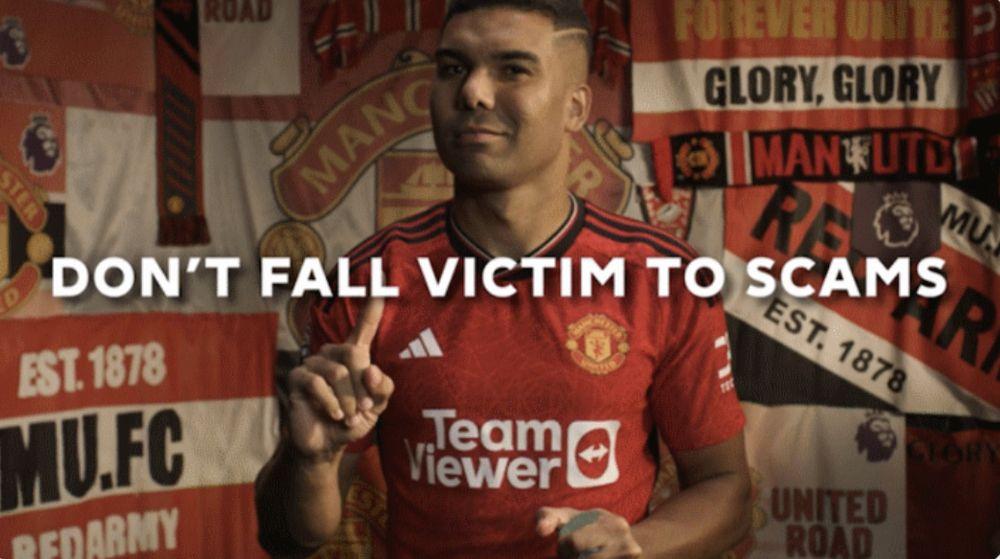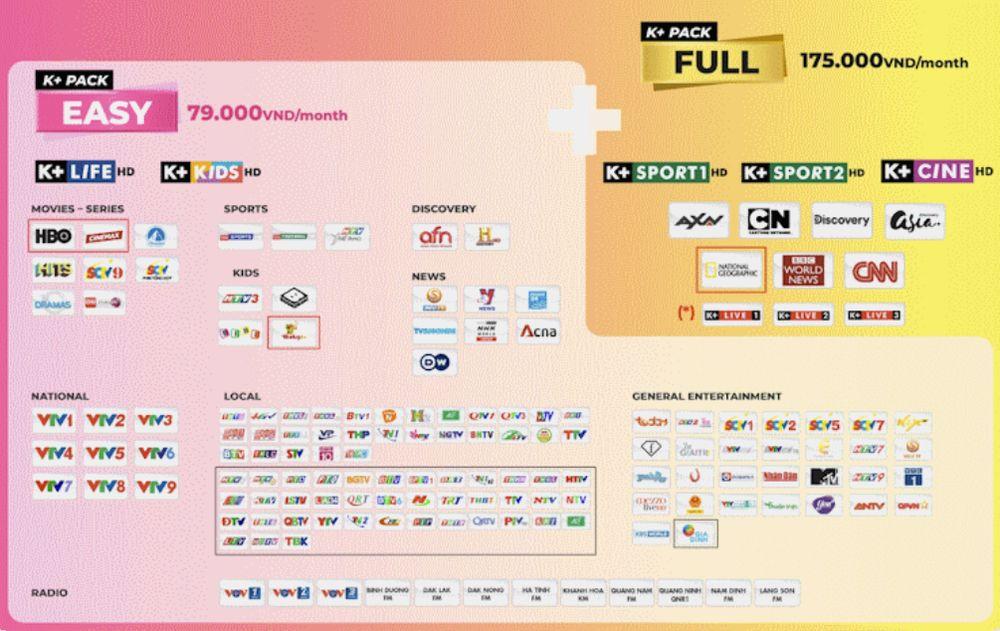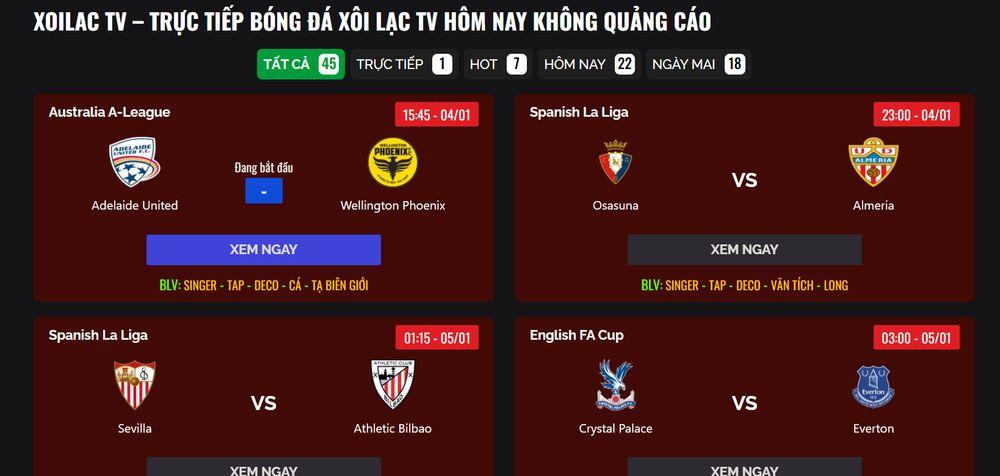The atmosphere is heating up regarding the consumption of pirate football. After seeing how the federations enter the battle, now it is the turn of the footballers themselves, who have moved to try to convince users to stop watching their games illegally. But will they achieve it?
Although millions of contents are pirated every day, football continues to be one of the pillars of this illegal industry that causes so many headaches for competitions, streaming services and television networks. Whether through IPTV or other viewing methods, pirated football generates million-dollar losses and directly affects many people, including the players. Therefore, they have decided that it is time to act.
The fight goes abroad
For better or worse, the biggest soccer leagues in the world are in Europe. LaLiga, the British Premier League and the Italian Serie A occupy the top positions when it comes to the number of illegal viewings that take place around the world. And the truth is that many of these visualizations are not made in Europe, but come from other countries much further away.

That is the approach chosen by this anti-piracy campaign called Boot Out Piracy, which we can translate as “Piracy, free on the street.” In it, the Premier League players have done something that was not expected of them: participate in it and address the users directly. Something that has surprised in view of the fact that, generally, in their league the players are shielded by their teams and do not usually enter into this type of actions.
The stars against piracy
If in the United Kingdom anti-piracy campaigns are carried out in the name of the Premier League, in this initiative against pirated football through illegal IPTV, the footballers have taken the initiative. A host of stars, including Manchester United’s Casemiro, Everton’s Abdoulaye Doucouré, Liverpool’s Diogo Jota and Nottingham Forest’s Taiwo Awoniyi, have addressed fans.
The message they send is not too different from that used by the Premier League in the United Kingdom to raise awareness among users who are watching free football on IPTV. They are told that by entering illegal pirate football pages they can end up suffering from malware and ransomware infection, as well as being victims of identity theft and other types of scams that can be very dangerous. Messages such as “do not fall victim to scams” try to make users see that they should not continue watching pirated football and, failing that, opt for one of the many television platforms or services that offer matches legally.
One of the reasons why the Premier League has decided to raise the level of its anti-piracy campaign in Asia is because they have verified that, in countries like Vietnam, football consumption via IPTV is really high. In addition, they have a second problem: the authorities have made it clear that they are doing practically nothing to put an end to these illegal services, which has left the British league in a complicated situation in which they believe they have to do everything they can. The damage, on the other hand, is similar for the rest of the European competitions, so it remains to be seen if LaLiga also launches a similar initiative.

In addition to Vietnam, the places in Asia with the most pirate football viewing include Thailand, Hong Kong, Indonesia and Malaysia. In many of these countries there are television services that offer all the matches and the different European leagues for relatively low costs of around 5 euros per month (as you can see in the screenshot above). Therefore, it is expected that the players’ message will resonate deeply among users and that, little by little, they will change the pirate broadcast for these subscription proposals.
Another problem that the Premier League criticizes is that, although the government of some of these places, such as Vietnam, maintain updated lists of websites and domains that offer illegal content, they are of little use. They nourish it with, to a certain extent, the links themselves that denounce the affected football competitions. However, from what they mention it does not seem that the list leads anywhere. Even the web pages that appear in the list, such as the one in the capture, either continue to function without problems or have redirections to other domains that allow visitors to continue with pirate consumption.

To this, the Premier League also adds that you only have to look at the chats that these pirated football broadcasts have to verify that these domains are being visited not only by residents in Asia, but also by people from other countries. They check this because they write in English and appreciate that they may clearly be British or European citizens from other countries. Therefore, the message they send is addressed not only to Asian fans, but to people from all over the world. Due to all this, they consider that ending piracy pages is crucial, but if the local government of these countries does not help them, they will at least try to convince users.













